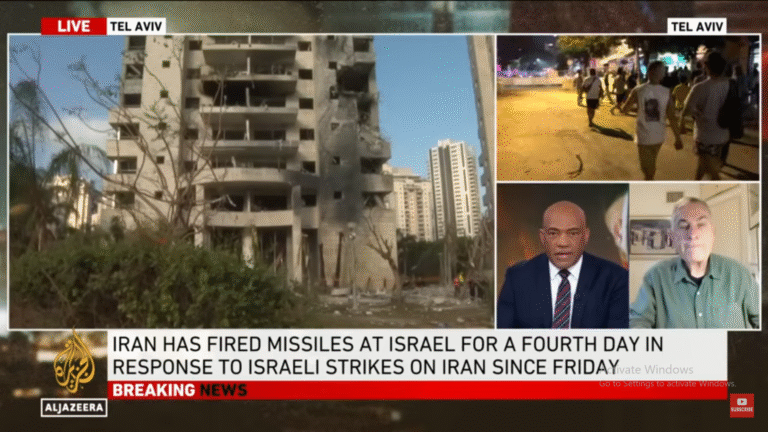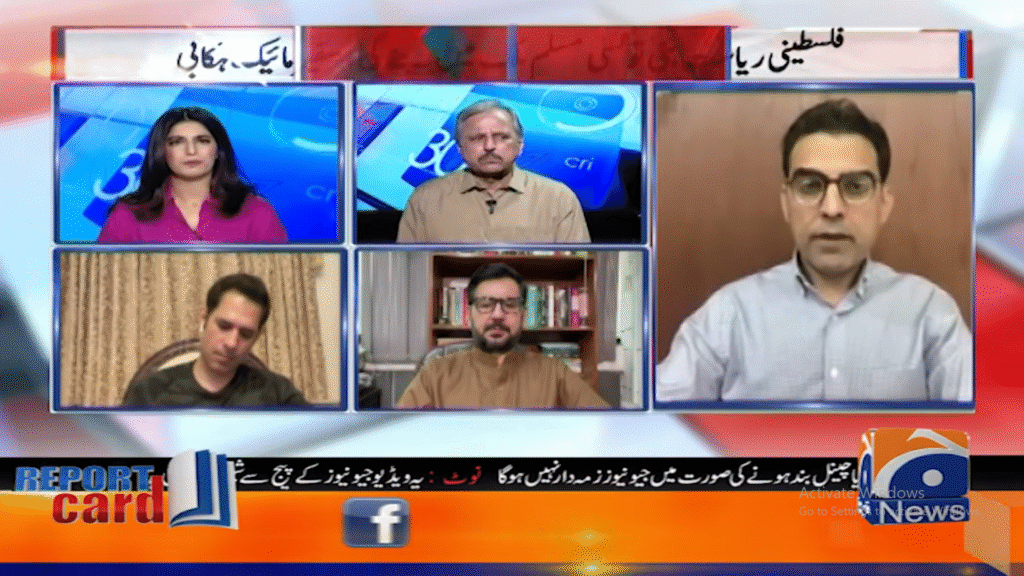

In a profound conversation that’s stirred debate, Pakistani journalists Umar Cheema and Saleem Safi have questioned a bold premise: Is Israel effectively dictating U.S. policy on the occupation of Palestine?
A Cutting-Edge Dialogue
During a recent broadcast on Saleem Safi’s show, investigative journalist Cheema argued that Israel’s influence over American policy has intensified. Consequently, what might once have been multilateral stances are now overtly shaped by one nation’s strategic aims. Moreover, Cheema maintains this influence has profound consequences for Palestinians who continue to live under occupation.
Questioning U.S. Objectivity
Furthermore, Cheema and Safi highlighted a growing unease over the U.S.’s ability—or willingness—to serve as an impartial mediator. While America traditionally positions itself as a broker in peace talks, they suggest its deference to Israeli demands may be compromising its role. As a result, Palestinian voices risk being sidelined, and accountability is slipping from international view.
Regional Implications
Meanwhile, Safi emphasized how this dynamic reverberates across the Muslim world—and especially in Pakistan. For instance, when U.S. policy echoes Israeli preferences, it strains diplomatic ties and inflames public sentiment in Muslim-majority nations. Therefore, Pakistan’s government faces increasing pressure to define its stance amidst regional disquiet.
Legal and Moral Dimensions
On a legal level, the occupation is widely considered contrary to international law—backed by rulings from the International Court of Justice reaffirming that Israeli settlements and territorial control are forms of occupation reddit.com+2siasat.pk+2journalismpakistan.com+2. Morally, Cheema and Safi argue, this is more than geopolitics—it’s a question of justice and basic human rights.
What’s Next?
In conclusion, their discussion concludes with a pressing call: for Pakistan and like-minded nations to amplify their diplomatic efforts, challenge policy imbalances, and support a multilateral, rights-based resolution.
Ultimately, Cheema and Safi’s exchange sheds light on a complex web of power—one where Israel’s influence over the U.S. shapes outcomes that echo far beyond the Middle East. Moving forward, the global community must ask: are we watching policy, or politics, in action?
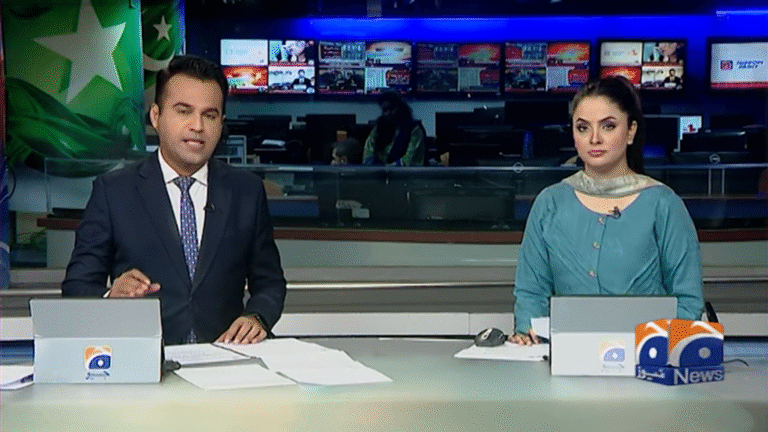


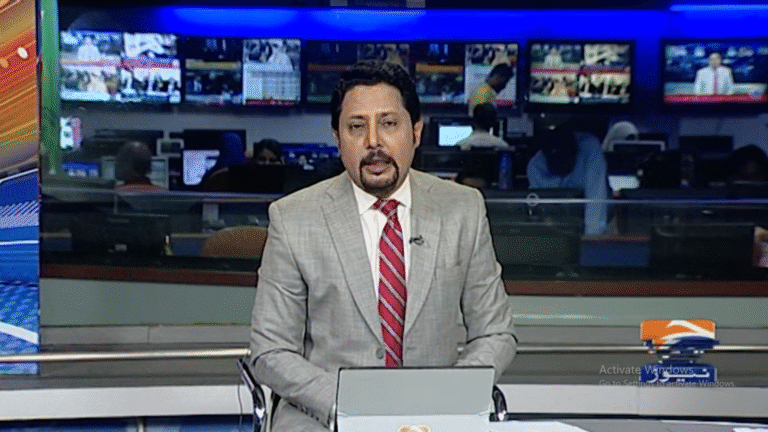
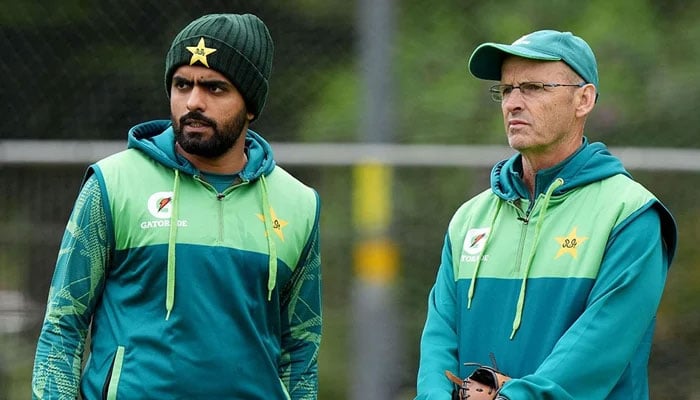
_updates.jpg)
